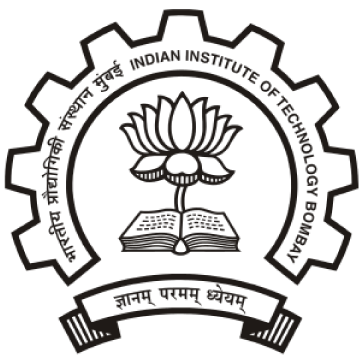Choosing the right college at the intermediate level is one of the most crucial and stressful decisions for any parent—especially for those who are deeply committed to their child’s future in competitive exams like JEE or EAPCET. With so many options available in Hyderabad, the confusion is real:
Should you enroll your child in a junior college and a separate coaching institute? Or should you choose an integrated program that combines MPC board curriculum with competitive exam coaching( JEE, EAPCET) under one roof?
While a majority of parents opt for colleges offering integrated programs—believing it saves time, reduces commuting stress, and helps children focus better—they often lack clear guidelines on how to choose the best among the many colleges that highlights rank-holder posters and success claims.
The truth is, not every college delivering an integrated program truly offers quality support, and the wrong choice can cost both time and confidence for the student.
So, how do you identify the right college that can support both academic excellence and competitive success?

Let’s explore the key factors every parent must consider before finalizing the best intermediate college for an integrated MPC and JEE/EAPCET program in Hyderabad.
1. Schedule for Board Exams
Even though JEE and EAPCET are the primary goals, a strong board exam foundation is crucial. Don’t overlook how the college structures its MPC syllabus schedule—whether they provide enough time for core concept clarity, dedicated revision sessions, and mock board exams. This balance is essential not just to perform well in boards but also to build a solid conceptual base for competitive exams.
2. Expertise in JEE and EAPCET Coaching
The strength of the faculty team, quality of study materials, and test frequency are the true pillars of a successful coaching setup. Look for:
(I)Experienced subject experts who are good at simplifying complex concepts.
(II)A curriculum that caters to different learning speeds and abilities.
(III)Weekly and monthly assessments that monitor a student’s progress and adjust teaching strategies accordingly.
(IV)Material designed to not just teach, but to train students to think analytically and solve problems quickly—a must for JEE and EAPCET.
3. Campus Facilities and Learning Environment
Academic excellence is only one side of the coin—mental well-being and learning support make up the other. The best integrated colleges ensure:
1.A stress-free and encouraging environment.
2.Availability of labs and practical sessions to strengthen applied learning.
3.Additional classes focused on problem-solving, doubt clarification, stress handling, and time management.
4.The flexibility to refer to external study materials beyond those provided by the college, which is often essential for advanced preparation.
4. Number of Campuses Doesn’t Equal Quality
A common misconception among parents is that more campuses = better college. But the reality is, quality matters more than quantity. A single-campus institution with a strong vision, consistent results, and personalized student support can offer far more value than a chain with multiple branches but inconsistent delivery.
5. Oral Recommendations Matter More Than Ads
Online reviews and posters filled with toppers’ pictures can be misleading. To truly understand the college’s atmosphere, teaching style, and how they handle individual student progress, trust the word-of-mouth feedback from trusted sources—friends, seniors, or local educators who’ve seen the college from within. These insights are often more reliable than marketing material.
Final Thoughts
Choosing the right integrated college is about finding the right balance—between board exam readiness and competitive exam coaching, between academic intensity and emotional support. Don’t rush the decision. Do your research, talk to people, visit campuses, and ask questions. The right environment can shape not just your child’s academic journey, but their confidence and future success.






